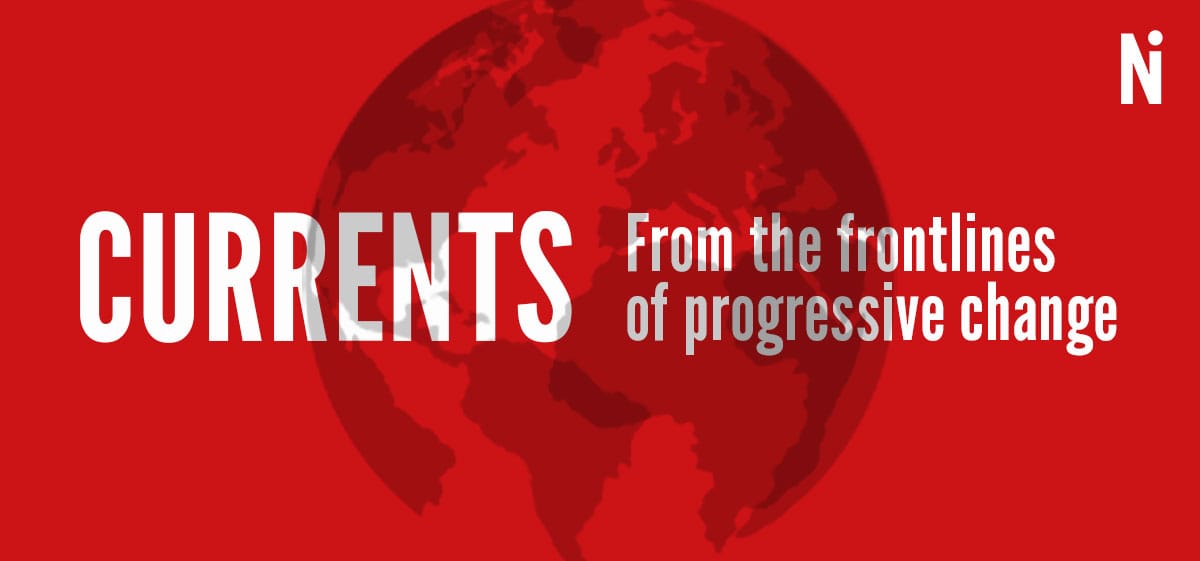UK hedge funds threaten to sue Ethiopia over debt repayments
Paula Lacey in Glasgow

Currents+ is included as part of all print and/or digital subscriptions to New Internationalist magazine. That's a £36 annual value!
Two major UK hedge funds are threatening legal action against the Ethiopian government if debt repayments of $21.4 billion are not met.
Farallon Capital Management and VR Capital have ignored the International Monetary Fund (IMF)’s recommendations to reduce Ethiopia’s debt repayments, despite facing heavy criticism from campaigners and think tanks calling for restrictions on private lenders and debt cancellation in low-income countries. These same hedge funds previously sued Mozambique during a huge debt scandal in which a UK court eventually ruled the country was owed $2 billion.
A staggering 90 per cent of debt contracts between private lenders and lower-income countries in debt crisis are governed by British law, and debt justice campaigners are demanding the UK government pass laws to prevent such litigation.
Ethiopia’s entry into the bond market follows a well-trodden path. With their economies and resources ransacked by colonial powers, many African countries have no option but to borrow from those same powers or private creditors, often on poor terms, in order to afford vital infrastructure. Since as early as the 1980s, Global South leaders have identified debt obligations as a key site of post-colonial struggle, which prevents countries from recovering economically and tackling pressing issues such as the climate crisis.
These repayments have skyrocketed in recent decades, with Global South countries paying $2.2 trillion in interest to Western creditors between 1970 and 2023.
‘Mounting debt servicing has taken a toll on important social and economic sectors by crowding out limited resources,’ says Abdurahman Hussien of the Horn Economic and Social Policy Institute (HESPI), an Ethiopian thinktank, ‘Public debt accounts for a larger share of Ethiopia’s budget than that of education, health, water and energy combined.’
In January, Ethiopia’s bondholders rejected the government’s proposed debt restructuring bill for an 18 per cent cut on repayments in order to hit the IMF’s targets for debt sustainability and reduce the risk of debt crisis. Soon after, a report from HESPI, Debt Justice and the African Forum and Network on Debt and Development revealed that, had the hedge funds accepted the ‘extremely generous’ deal they would have still made a 30 per cent profit.
‘Bondholders using the threat of legal action to push debtors into worse deals shows exactly why changes are needed to legally suspend payments during debt restructuring negotiations,’ says Tim Jones from Debt Justice. ‘The UK should pass legislation to prevent litigation during sovereign debt negotiations, just as happens in corporate debt restructurings.’
🧠 Read more in New Internationalist's Debt Justice issue
👉 Follow Debt Justice (formerly Jubilee Debt Campaign), a UK charity working to end poverty caused by unjust debt through education, research and campaigning
✊ Take action by adding your name to the Cancel Debt, Choose Hope campaign
✅ Sign up to Debt for Climate, a global grassroots movement of movements, initiated by the Global South from an anti-colonial perspective.
Read the latest issue of New Internationalist
Like what you've read? Support us with a tip
Looking for more? Listen to our podcast The World Unspun
Shop ethical goods at our very own Ethical Shop
Do you support debt cancellation in low-income countries like Ethiopia? Let us know your thoughts via the comments below 👇

